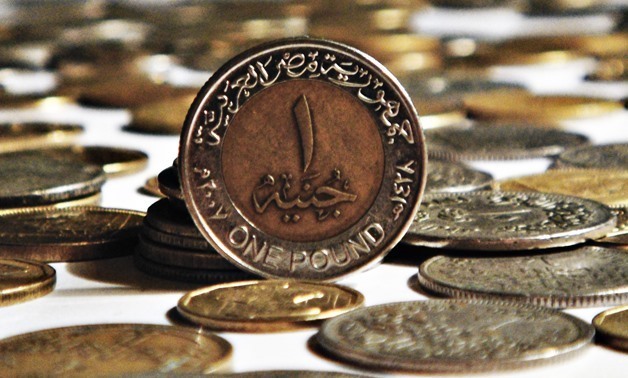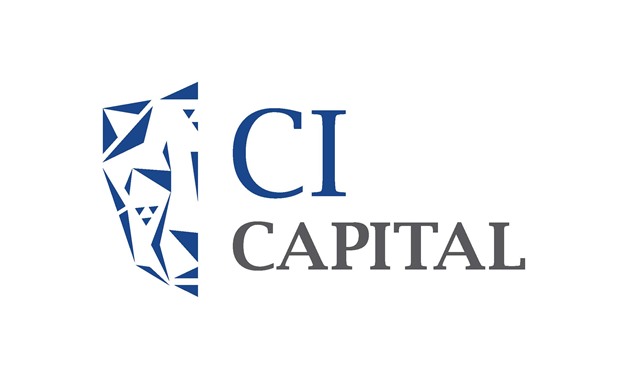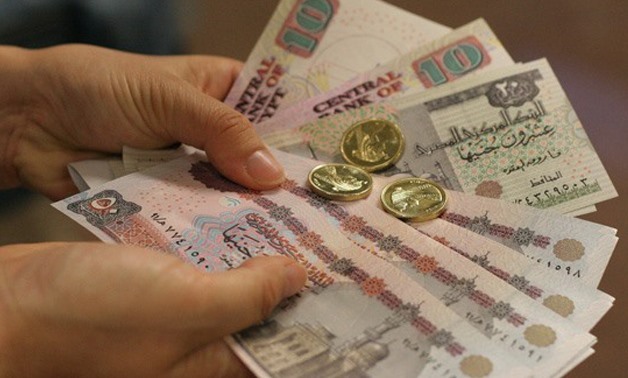Capital Economics

Middle East and North Africa Economist at Capital Economics, James Swanston, noted that even before the Ras el Hekma deal, investor sentiment towards Egypt had improved in recent months on the back of hopes that a new IMF deal will soon be secured.

Capital Economics projects that the Egyptian pound will depreciate to 35 per dollar by the close of 2023, marking a 12 percent devaluation from its current rate of 30.95 per dollar.

“The move will result in some short-term economic pain but it will help to get an IMF deal over the line and go a long way to restoring macroeconomic stability,” it stated.

It attributed its anticipation to the increase of inflation Egypt witnessed during February to hit 10 percent, compared to 4.9 percent in the same month of 2021.

“Over the past eight years, Egypt’s budget balance has significantly improved with the deficit narrowing from nearly 13 percent of GDP at the end of FY2012/13 to 7.4 percent by the start of FY21/22m” he noted.

It also expected that policymakers will reduce the overnight deposit rate by a total of 150bps the end of next year, taking it 6.75 percent. This is more easing than the consensus currently anticipates.

The report affirmed that the immediate concern for the IMF is likely to be the exchange rate.

It clarified the decline will take place as the Egyptian authorities would loosen their grip on the pound over the coming weeks.

"We expect the interest rate to be reduced to 10 percent by the end of this year and to 9.50 percent by end-2021," it added.

"We have penciled in a 50bp cut in the overnight deposit rate, to 11.75 percent, at next week’s meeting and expect it to be cut further to 10 percent by year-end.”

It also anticipated that the Central Bank of Egypt (CBE) to resume its easing cycle and lower interest rates by 225bp, to 10 percent by end-2020.

The report also thought that the easing cycle has further to run, expecting the overnight deposit rate to be lowered to 10 percent by the end of next year and to 9.50 percent by end-2021.

“A rate cut is more likely at August’s meeting,” the research noted.

Capital Economics expected the Central Bank of Egypt (CBE) to keep interest rates unchanged in December’s meeting and inflation to decline.

The Central Agency for Public Mobilization and Statistics (CAPMAS) announced that annual consumer price inflation slipped to 13.8 percent in June 2018.

Capital Economics expected that further decline of the inflation would push the Monetary Policy Committee to cut the interest rates for the third time this year.

Assuming the election passes smoothly, Egypt should enjoy an upturn in growth over the next 2-3 years, a report by Capital Economic said.

Capital Economics said that Egypt’s PMI for non-oil private sector edged down from 49.9 in January to 49.7 in February, according to a Monday report.

Capital Economics maintained its long-held view that Egypt’s inflation and interest rates will fall further than most expected, according to Thursday’s report.

Capital Economics estimated that the increase in gas production in Egypt will translate into a 2.8 percent increase in the real gross domestic product (GDP).